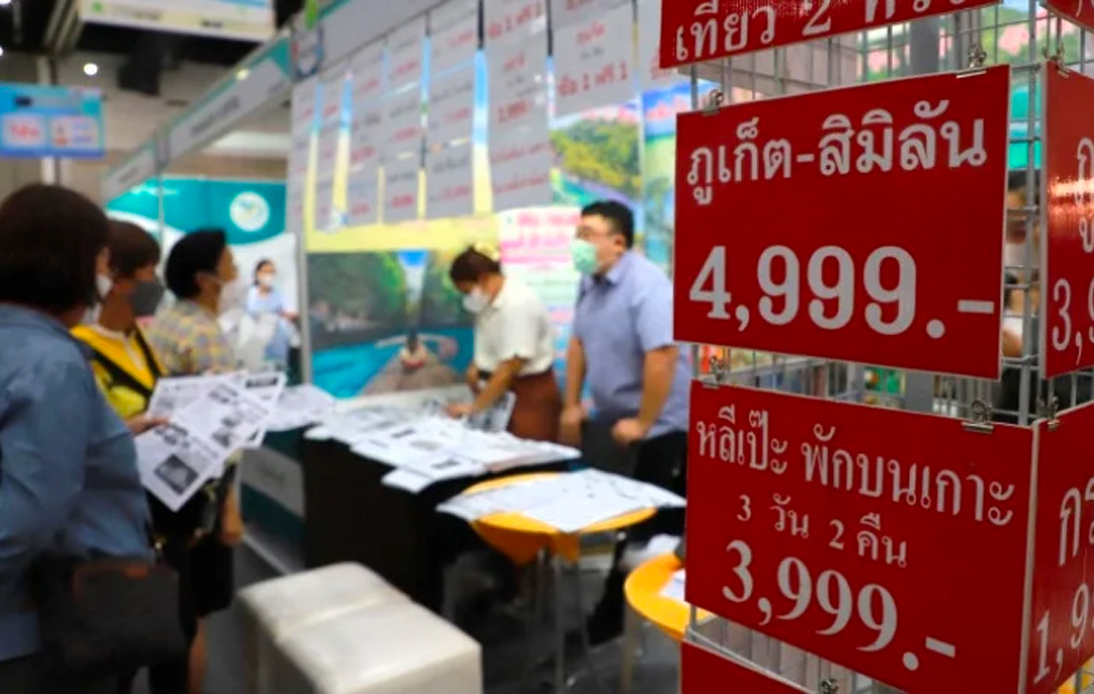
The domestic travel sector continues to struggle due to weak consumer purchasing power, a consequence of increasing living costs and significant debt.
This challenging economic landscape is imposing financial burdens on small-scale hoteliers and regional service providers, as stated by Mr Kantapong Thananerngroth, the president of the Thai Tourism Promotion Association.
He articulated that local tourists have reduced their frequency of travel and their expenditures compared to recent times, particularly the majority market grappling with household debts and an inflated cost of living.
The total household debt of Thailand stood at 90.6% of the GDP in the initial quarter, and a rise in non-performing loans is anticipated.
Mr Kantapong acknowledged that numerous local companies and secondary tourist destinations are still hoping for an increased influx of domestic tourists, but such an occurrence is improbable this year.
Owing to the lackluster domestic tourism scene, travel agencies have witnessed negligible profit in comparison to the pre-pandemic era, forcing many to keep their doors closed, he explained.
A few operators are managing to keep their businesses afloat by targeting middle to high-end tourists who maintain an adequate travel budget, such as retirees, Mr Kantapong mentioned.
He pointed out that a significant number of customers are from Bangkok and the central region since this segment has bounced back more rapidly than others.
According to Mr Udom Srimahachota, the vice president of the Thai Hotels Association’s western chapter, Hua Hin and Cha-am tourism have been hit directly by the rising household debt, given that 80% of the tourists in these locales are domestic visitors.
Mr Udom highlighted that three-star hotels and those with lower ratings are bearing the brunt as they are more dependent on the mass market compared to five-star hotels, which cater to high-spending clientele.
With the mounting operational costs faced by small and medium-sized enterprises across all sectors, employees are prioritizing saving for daily expenses, reducing their expenditure on tourism, he explained.
Mr Udom indicated that most domestic journeys are undertaken during extended holidays, with a noticeable decrease during weekends.
He noted that the average room cost in Hua Hin and Cha-am is currently 25% less than the rate before the pandemic and is expected to persist at this level throughout the year, as hotels are hesitant to hike prices while consumer spending power is languishing.
In the previous month, Hua Hin and Cha-am’s occupancy rate was at 40%, and the projected rate for July and August is around 45%, primarily due to Europeans traveling during their summer break, Mr Udom mentioned.
He advocated that the newly formed government should stimulate domestic consumption promptly, encouraging locals to spend on tourism.
The suggestion to consider incentives such as the sixth phase of the “We Travel Together” initiative could help boost domestic tourism, particularly in secondary destinations during the off-peak season, Mr Udom added.




















